Services
- Home
- Services
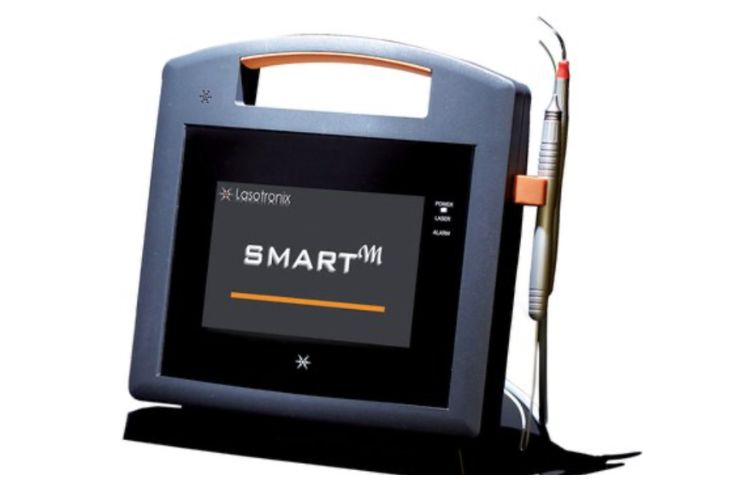
Laser Treatment
A modern, minimally invasive solution with faster recovery, minimal pain, less bleeding, and high success for anorectal disorders.
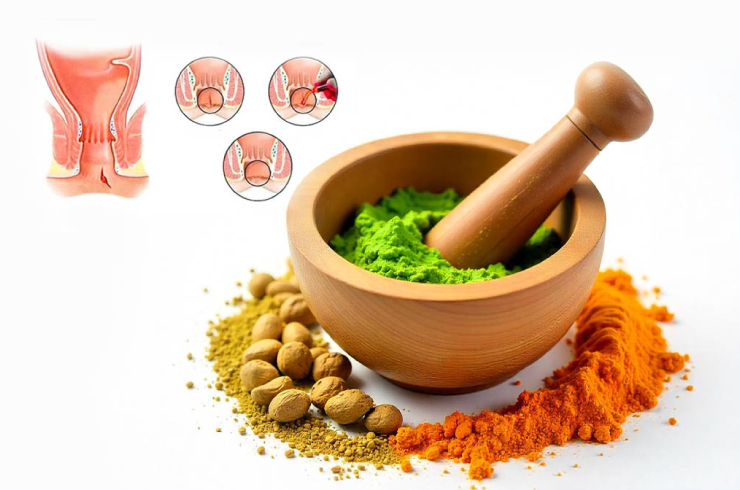
Traditional Treatment
An Ayurvedic, non-surgical method with mild pain, no bleeding, minimal recurrence, and faster healing as described by Sushruta.

Hemorrhoids
Engorged vascular cushions in the anal canal causing pain, bleeding, and discomfort during defecation.
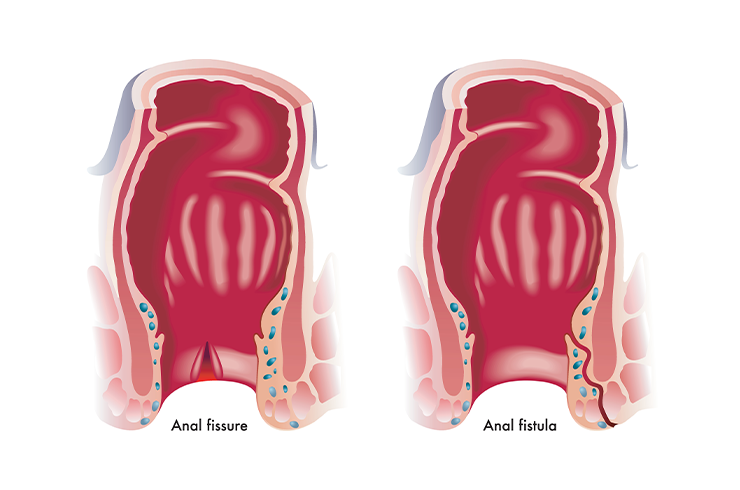
Fistula-in-Ano
Abnormal anal tract causing persistent infection, often necessitating meticulous surgical intervention for complete resolution.
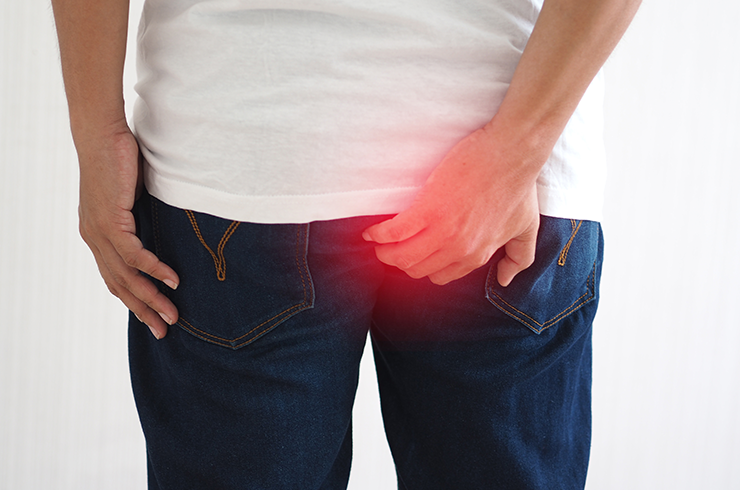
Anal Fissure
A painful longitudinal tear in anoderm resulting in severe pain and occasional bleeding on defecation.
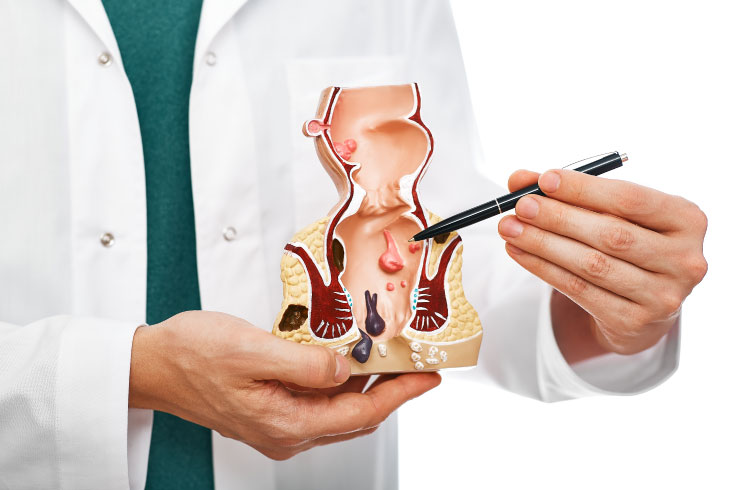
Anal Incontinence
Loss of voluntary control over defecation, severely impacting patient quality of life and social functioning.
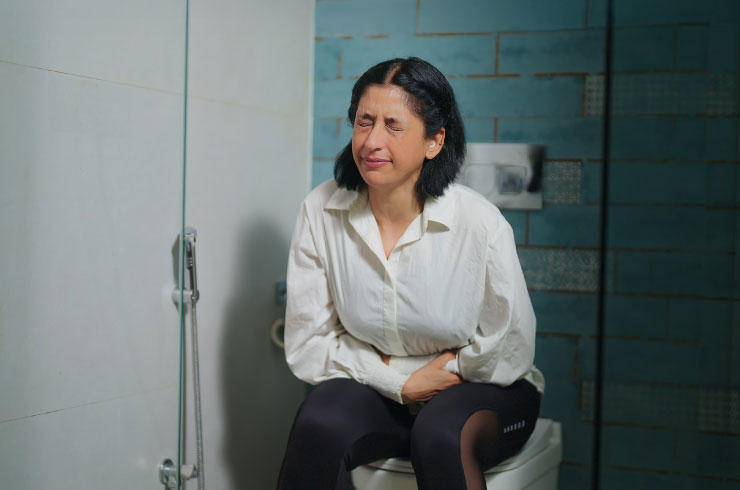
Chronic Constipation
Persistent difficulty in stool evacuation characterized by infrequent, hard, or strained bowel movements over months.
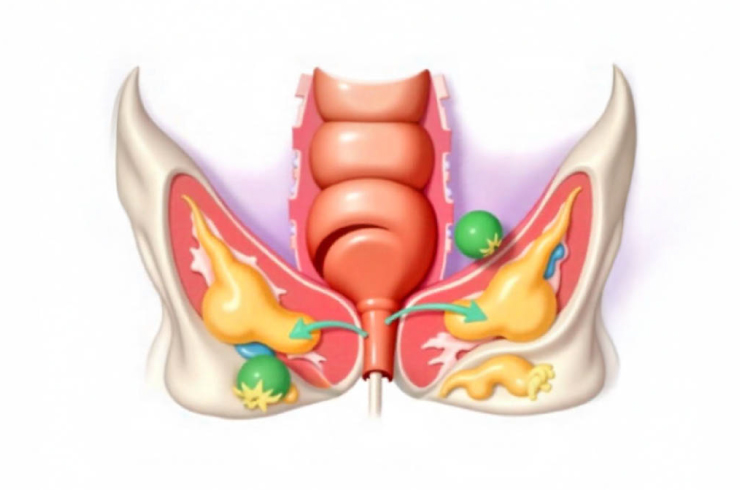
Other Anorectal Disorders
Includes various conditions such as rectal prolapse, dermatitis, and infections affecting anorectal anatomy and function.
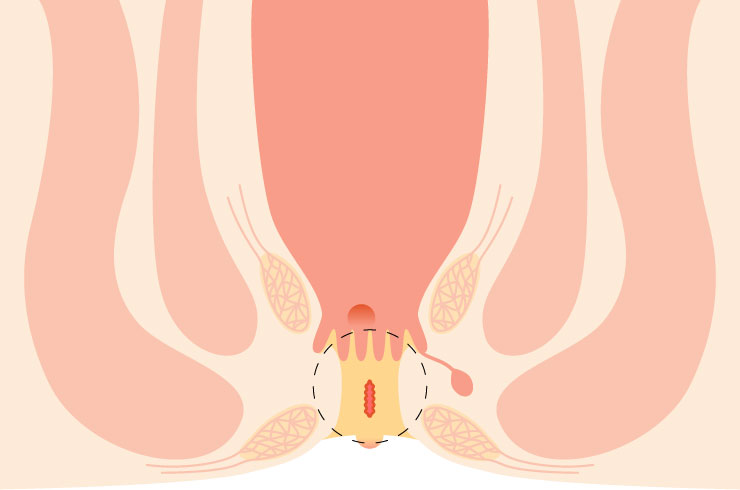
Anal Stricture
Pathological narrowing of the anal canal impairing bowel movements, often secondary to trauma or chronic inflammation.
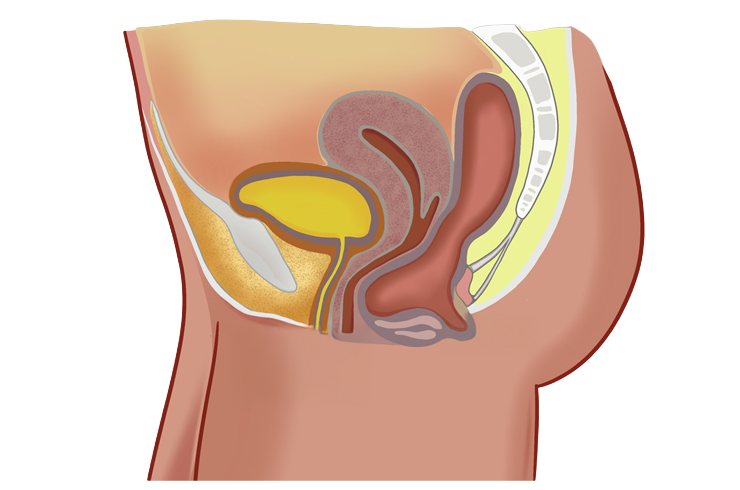
Rectocele
Pelvic floor defect causing rectal wall protrusion into the vagina, leading to obstructed defecation symptoms.
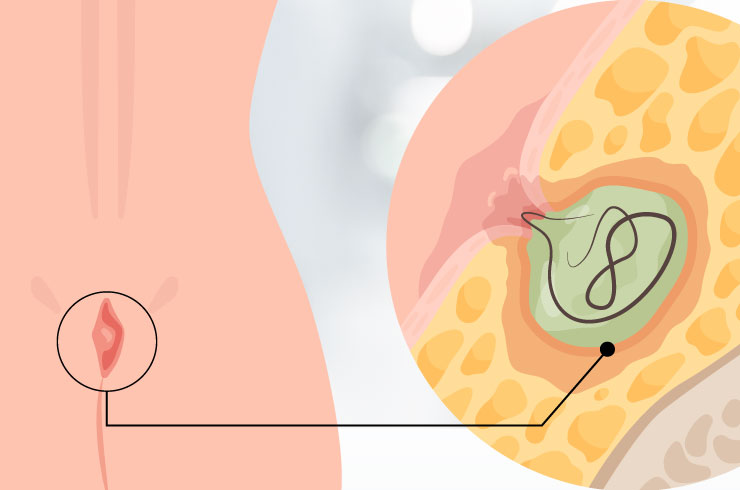
Pilonidal Sinus
Chronic cystic lesion near the sacrococcygeal area caused by embedded hair follicles and recurrent infection.
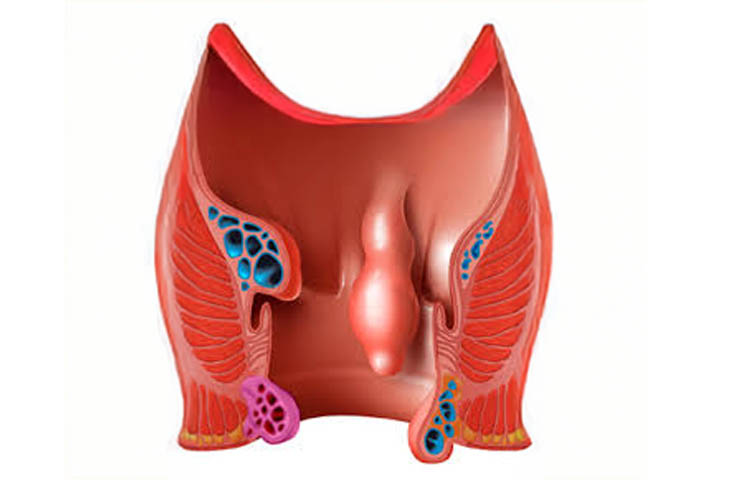
Rectal Polyp
Benign mucosal growths with malignant potential, requiring early detection and removal to prevent colorectal cancer.
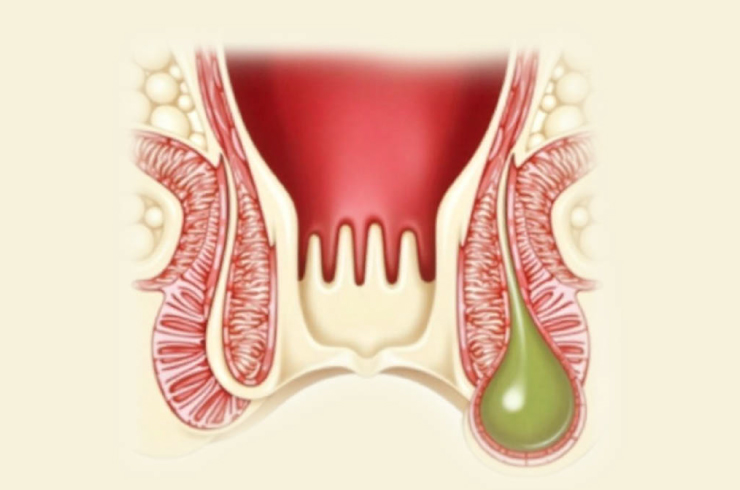
Perianal Abscess
Localized collection of pus near the anus due to infected anal glands, requiring prompt drainage.
